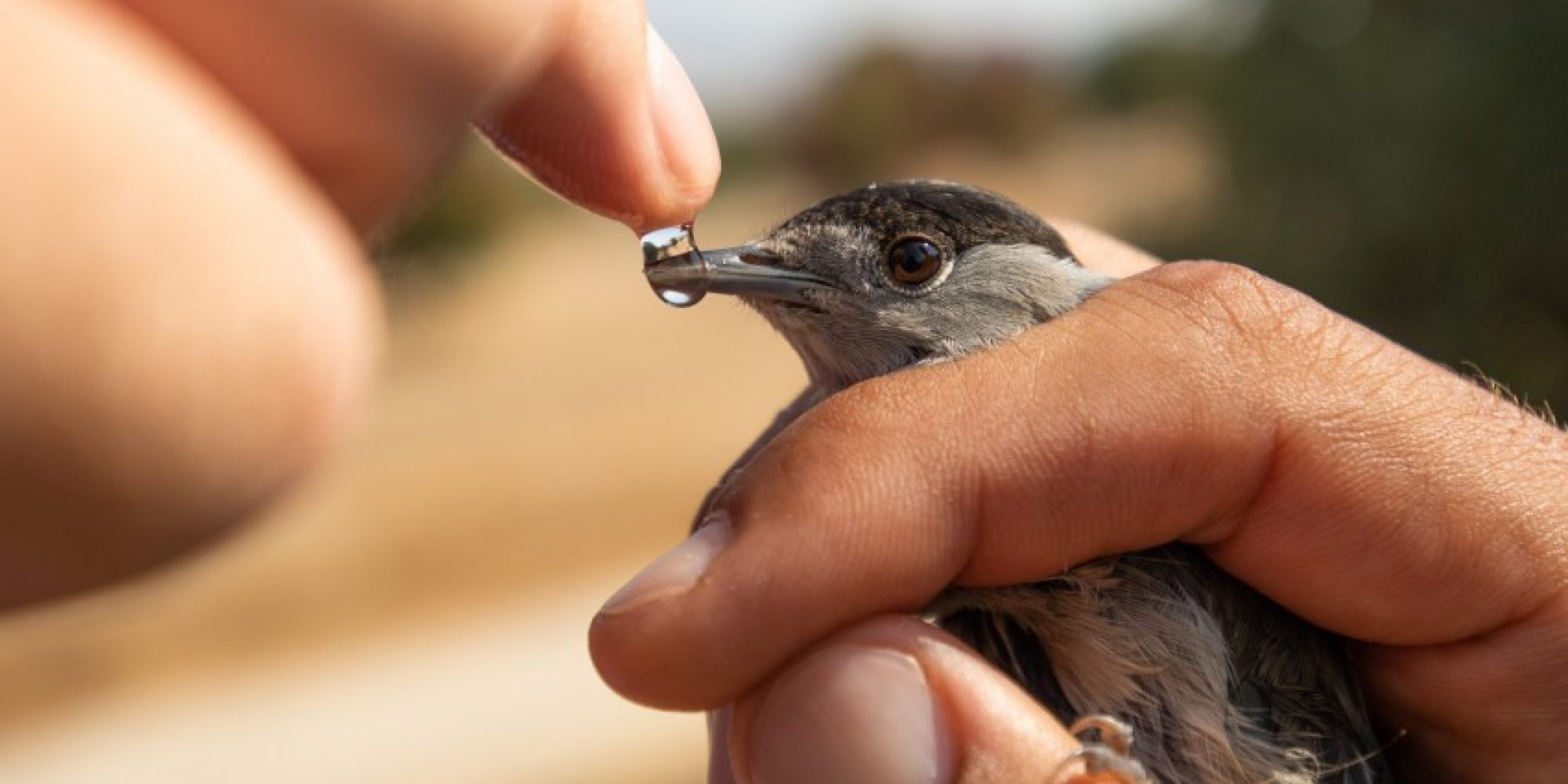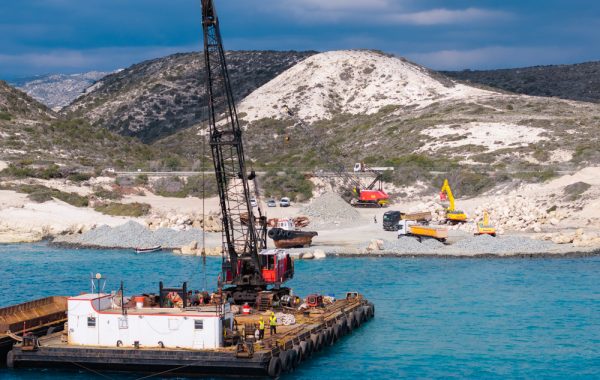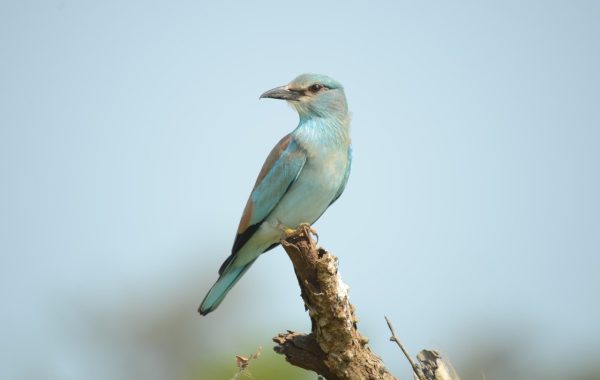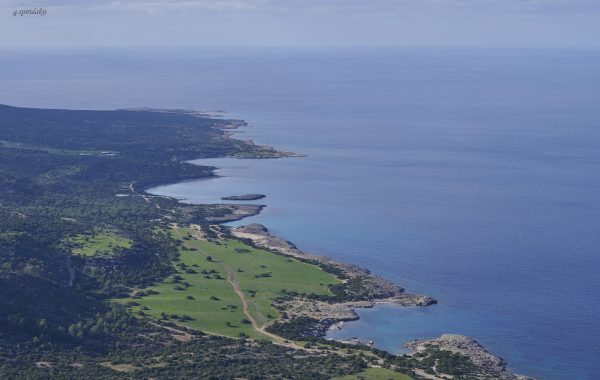The contrast could hardly be greater. While the Cyprus Police anti-poaching unit, which used to be one of the best available anti-trapping tools, is shut down, the impressive progress in the British Bases is proof that ‘where there’s will there’s a way’ when it comes to combating illegal bird trapping.
Up until 2016, Cape Pyla was one of the worst areas for illegal killing of migratory birds in the entire Mediterranean. Every autumn, the area would be an indiscriminate killing zone for thousands of birds – migratory and resident alike. Illegally irrigated plantations of invasive alien acacia trees drowned out all native vegetation, enabling trappers to set up nets among the dense foliage, while hidden electronic calling devices would lure the birds to their deaths. For years, trappers operated virtually undisturbed on the Cape. But, luckily for the birds, this dire situation has been turned around since 2016. Today, Cape Pyla is one of the many areas within the Dhekelia SBA where trapping activity is being tackled, effectively, to the point of almost complete eradication.
This dramatic change did not happen overnight. It took years of pressure by BirdLife Cyprus and other organisations; pressure which finally bore fruit in the form of a strong collaborative partnership between the SBA Police and BirdLife Cyprus, the RSPB (BirdLife in the UK) and CABS. As a result, within three years, the field data from the BirdLife Cyprus systematic monitoring programme show an impressive decrease of trapping levels, within the SBAs in particular. The SBA Police has been pivotal in bringing about this change by employing a multi-pronged approach, while others continue to falter…
“We are committed to continue working hard under difficult circumstances in partnership with all relevant stakeholders. Since 2016, we have reported a significant decrease in bird trapping activities of about 87% by applying ‘zero tolerance’ to such illegal activities. Utilizing high-tech surveillance cameras, night vision and drone equipment and conducting intelligence-led operations, we have achieved more arrests and successful prosecutions,” said T/ Chief Superintendent Andreas Pitsillides – Divisional Commander SBAP Dhekelia.
In the Republic meanwhile, the latest news is that the Cyprus Police anti-poaching unit has been closed down. This comes soon after reports showing organized trappers carrying out their large-scale trapping operations virtually undisturbed. One cannot help but be apprehensive towards the decision to shut down the Cyprus Police anti-poaching unit – a law enforcement agency that used to mean serious business in the past.
“The contrast between the impressive enforcement effort in the SBAs and the developments in the Republic could hardly be greater. The Cyprus police unit had the strength to back-up the efforts of the Game & Fauna Service, especially when it came to big, organised trappers. Now this enforcement muscle is gone,” said BirdLife Cyprus Director, Martin Hellicar.
Bird trapping with mist nets and limesticks is a damaging and non-selective practice that affects over 150 species of birds, mostly migratory. The main killing season is autumn, when the law-breaking trappers are after Blackcaps Sylvia atricapilla to be sold as illegal but highly lucrative ambelopoulia ‘delicacies’. Lack of enforcement against the illegal sale of trapped birds in restaurants and against big, organised trappers remain persistent problems, centred in the Republic.




